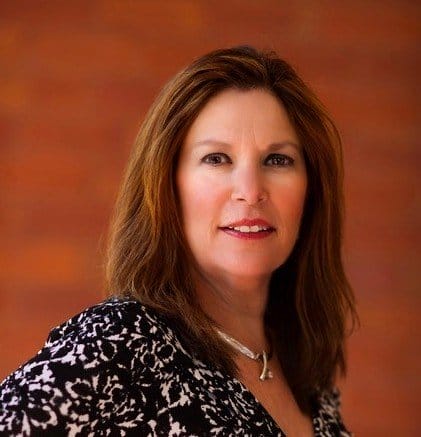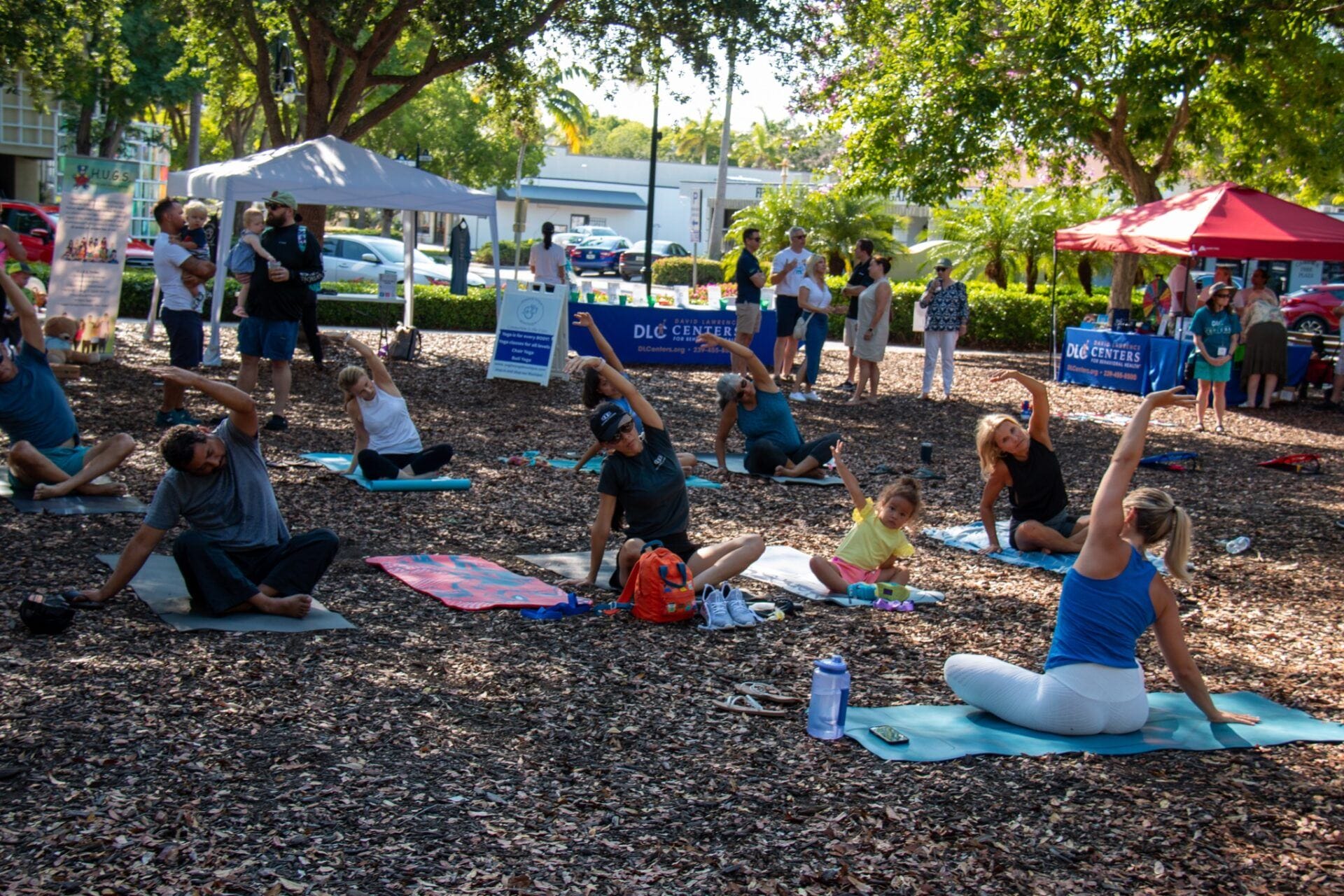
Social Wellbeing for Seniors: Setting ourselves up for connection and harmony in our later years
by DLC Community Partner Lisa Gruenloh, MPAP, CPC, Founder and President of Purpose Journey®
While social connection is a fundamental need for our mental, emotional, and physical health, it’s never been more challenging to attain, cultivate, and sustain. This is especially true for older adults, many of whom were suffering from loneliness and isolation even before the COVID-19 pandemic.
For individuals to be proactive with their own social wellbeing and to support others, it’s helpful to understand the difference between social isolation and loneliness. According to the National Institute on Aging (NIA), loneliness is “the distressing feeling of being alone or separated,” while social isolation is described as “the lack of social contacts and having few people to interact with regularly.” NIA also makes this important observation: “You can live alone and not feel lonely or socially isolated, and you can feel lonely while being with other people.”
Elevating awareness of these conditions allows each of us to identify warning signs in ourselves or people we know – and, hopefully, take early steps to set up ourselves and our loved ones for meaningful connection and harmony throughout our lives.
Here are a few tips for seniors to be proactive with their own social wellbeing:
Assess your circle and support system. People in your circle serve many different roles, so think about your support system from numerous perspectives:
- Caring friends or family members who are involved in your life and bring you joy
- Neighbors, church or social club members to share activities and support each other
- Quality and accessible health care providers who listen to you and address your needs
- Trusted professionals who can help you overcome challenges
- Consider other people you interact with or who are important to you
Do you have reliable people in each of these areas or ample opportunity to connect with them? Do you consider these relationships healthy and fulfilling? If not, how can you improve or deepen existing relationships or create new ones to ensure you have a strong network?
Engage in meaningful activities with others. After we retire, it’s easy to feel as though we’ve lost our sense of purpose. We sometimes stop engaging in activities that allowed us to use our gifts to serve others or experience a sense of accomplishment. Sometimes we get used to not being around other people and can become more isolated.
Consider ways to stay connected, including:
- First and foremost, nurture your most important relationships. Cultivate trust and sincerity by being a caring, non-judgmental listener and allow others to be that empathetic ear for you.
- Participate in special events with family and friends. Look at the list of people in your circle. Reach out to someone weekly to talk and/or spend time together.
- Find meaningful volunteer activities that allow you to share your time and talents with others.
- Identify groups that share an interest or passion and create or attend special events. If you’re a foodie, take turns cooking at each other’s homes or try a different restaurant once a week.
- Take a class or attend a presentation to learn something new, where you can also meet new people. What is something you’ve always wanted to try?
Confront challenges and take courageous action. We all experience regrets, disappointments, and insecurities in life. When we carry those into our later years, they can become paralyzing and keep us from enjoying a full life and connecting with others. It is never too late to liberate our mind and open our heart.
Here are just a few ideas to explore how a shift in mindset could enhance your relationships – and your happiness:
- Many of the common regrets people have later in life involve people and relationships. Reflect on these questions: Is there someone I need/want to forgive? Is there someone I need to apologize to? Someone I lost touch with and want to reconnect with? Is there something important I need to say to someone in my life? Then, have the courage to be the first to reach out.
- Negative experiences in the past can impact our ability to trust others in the present. Do you find yourself holding back in your relationships or friendships out of fear? It’s appropriate to be cautious, just ask yourself if you are giving yourself and others a fair opportunity to develop a connection.
- Then there is insecurity. If you find yourself thinking, “I don’t want to be a bother to others,” know that there is likely someone in your life who is desperate to understand your needs and be there for you. Be willing to share your needs and concerns, knowing that you deserve the love and support of others.
These situations might not resonate with you, but if they apply to someone you know, perhaps you can encourage them to reflect on perceptions and challenge thoughts and beliefs that might be limiting their social and emotional wellbeing.
Being there for the older adults in your life
Because not everyone has the ability, energy, or will to look out for themselves in these vital ways, it’s important for each and every one of us to be mindful of the older adults in our lives and how we can be supportive.
- Check in with older adults in your life regularly
- Be willing to offer a patient and empathetic ear
- Encourage your loved one to engage in some of the activities described above, being mindful of the person’s abilities, strengths, and interests
- If you are a close and trusted loved one, offer to help connect the person with needed professional resources or social services
- Loneliness can lead to sadness, depression, or a lack of self-care. Have the courage to ask questions when something doesn’t seem right and intervene when appropriate and necessary.
While these tips are designed to help individuals to be proactive with cultivating social wellbeing, it’s equally (if not more) important to be able to identify when older adults might be suffering loneliness and social isolation or at-risk of experiencing mental and emotional health challenges.
Here are some local resources that can help you identify certified mental health professionals and professional resources for aging adults:
David Lawrence Centers for Behavioral Health Naples Mental Health Services | David Lawrence Centers
National Association of Mental Illness (NAMI) NAMI Collier County
Baker Senior Center Naples Baker Senior Center Naples (naplesseniorcenter.org)
FGCU Shady Rest Institute on Positive Aging Shady Rest Institute on Positive Aging (fgcu.edu)
Lisa Gruenloh is an International Coaching Federation (ICF)-certified executive and emotional intelligence coach. She’s Founder and President of Purpose Journey®, a consulting, training and coaching company that helps individuals and organizations harness their unique values, strengths, and purpose with bold action to optimize wellbeing and impact. One of her greatest joys is helping people overcome persistent negative thinking and learn to turn challenges into opportunities for a more authentic, fulfilling and peaceful life. Learn more at www.purposejourney.com and www.purposejournal.com.
Apr 18, 2023 | Blog, Mental Health



